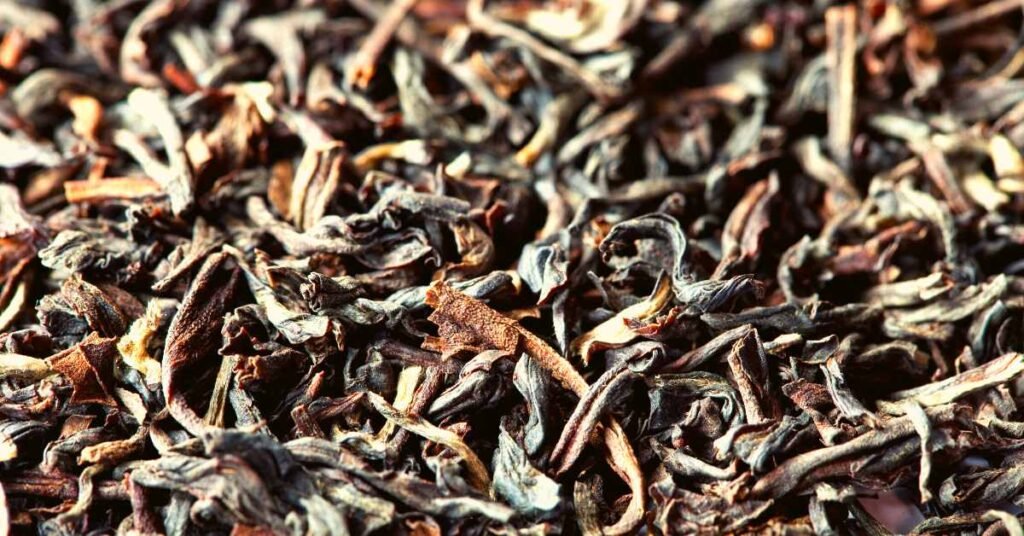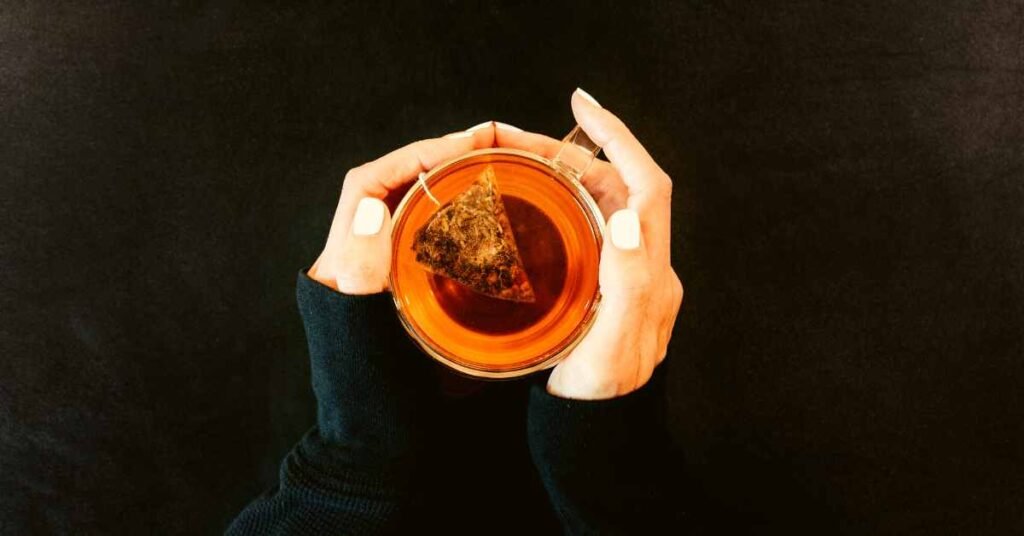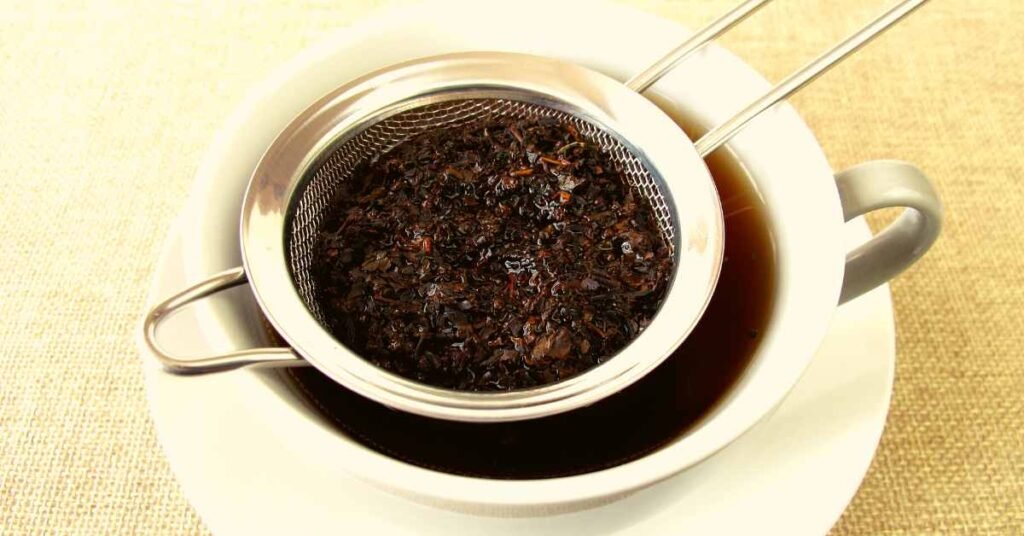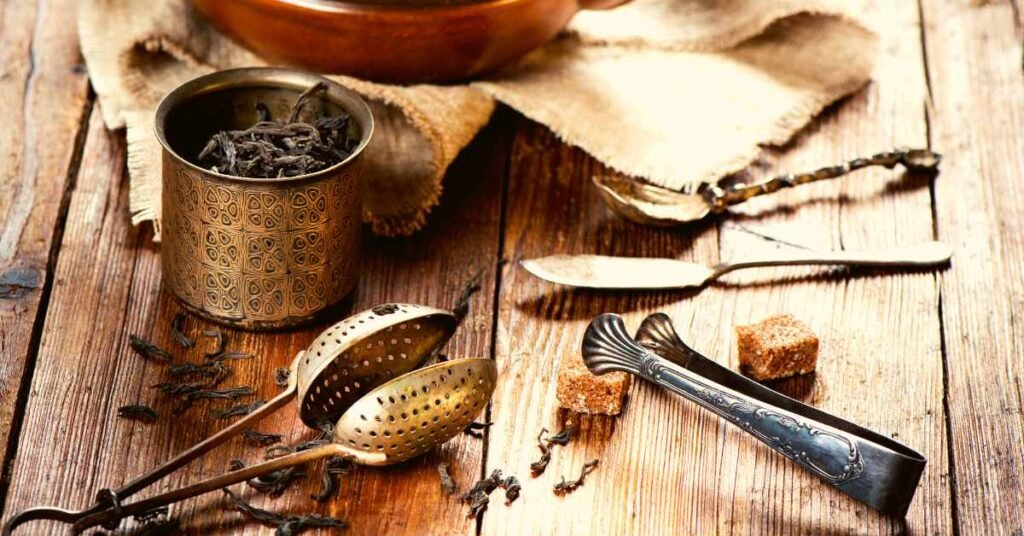Tea, a beverage with a history steeped in tradition, offers a myriad of flavors and aromas, each unique to its place of origin.
Two prominent contenders in the world of black tea, Darjeeling and Assam, hail from the lush landscapes of India.
While both varieties share the commonality of being black teas, they differ significantly in taste, quality, and the potential health benefits they bring to the tea cup.
I. Darjeeling Black Tea

Terroir and Characteristics:
Darjeeling, often referred to as the “Champagne of Teas,” finds its home in the picturesque hills of the Indian state of West Bengal.
The region’s high-altitude plantations, ranging from 2,000 to 7,000 feet above sea level, contribute to the unique terroir that imparts distinctive characteristics to Darjeeling black tea.
Taste Profile:
Darjeeling tea is renowned for its delicate and nuanced flavor profile.
The first flush, harvested in spring, is prized for its floral and fruity notes, reminiscent of muscatel grapes.
The second flush, picked in late spring and early summer, offers a fuller body with a balance of muscatel and a hint of astringency.
Autumn flush, the final harvest of the year, tends to be bolder with a more robust flavor.
Aroma:
Darjeeling’s aroma is often described as floral, with notes of jasmine, rose, and sometimes citrus.
The tea’s fragrance is one of its distinguishing features, elevating the overall sensory experience.
Appearance:
Darjeeling black tea exhibits a light, amber liquor in the cup. The leaves are small and wiry, reflecting the high-altitude conditions in which they are cultivated.

Quality Standards:
Darjeeling tea is governed by stringent quality standards, and only tea produced in the designated region can bear the Darjeeling label.
The Tea Board of India oversees these regulations, ensuring that the tea adheres to the unique characteristics associated with Darjeeling’s terroir.
Limited Production:
The limited geographical expanse of Darjeeling tea estates, coupled with the specific seasonal nature of its harvests, contributes to a relatively low annual production.
This exclusivity enhances the perceived value and desirability of Darjeeling tea.
II. Assam Black Tea:
Terroir and Characteristics:
Assam, a region in northeastern India, boasts vast lowland plains along the Brahmaputra River.
This topography, coupled with a tropical climate and rich alluvial soil, imparts unique qualities to Assam black tea.
Taste Profile:
Assam tea is celebrated for its bold, robust, and malty flavor profile.
The infusion tends to be stronger, with a characteristic briskness and a lingering sweetness. The boldness of Assam tea makes it a popular choice for breakfast blends.
Aroma:
Unlike the floral notes of Darjeeling, Assam black tea exudes a more earthy and malty aroma. The fragrance is deep and inviting, creating a comforting experience for those who indulge in a cup.
Appearance:
Assam tea leaves are larger and broader compared to Darjeeling, reflecting the lowland conditions in which they are grown. The liquor is dark and rich, embodying the strength that Assam tea is known for.

Quality Standards:
Assam tea, too, adheres to strict quality standards, ensuring that the tea meets the distinctive characteristics associated with the region. The Tea Board of India plays a pivotal role in maintaining the quality and authenticity of Assam tea.
High Production Volume:
Unlike Darjeeling, Assam tea boasts a significantly higher production volume. The vast tea estates in Assam contribute to a more abundant supply of tea, making it widely accessible to tea enthusiasts globally.
Health Benefits
Both Darjeeling and Assam black teas offer a range of potential health benefits associated with the consumption of black tea.
Antioxidants:
Black tea, in general, is rich in antioxidants, such as theaflavins and catechins, which have been linked to various health benefits. These compounds may help combat oxidative stress and reduce the risk of chronic diseases.
Heart Health:
The consumption of black tea has been associated with improved cardiovascular health.
The presence of antioxidants, coupled with the potential to lower blood pressure and cholesterol levels, contributes to overall heart well-being.
Mental Alertness:
The moderate caffeine content in both Darjeeling and Assam black teas can provide a gentle energy boost and enhance mental alertness without the jittery effects associated with higher caffeine concentrations.
Final Word
In the world of black teas, Darjeeling and Assam stand as distinct representatives of India’s rich tea culture.
The differences in taste, quality, and potential health benefits make each variety a unique experience for tea enthusiasts.
Whether one prefers the delicate nuances of Darjeeling or the bold robustness of Assam, the journey through these two tea regions promises a delightful exploration of flavors, aromas, and cultural heritage.
MEDICAL DISCLAIMER
Itsnevernotteatime.com cannot and does not contain medical/health advice. The medical/health information is provided for general and educational purposes only and is not a substitute for professional advice.




